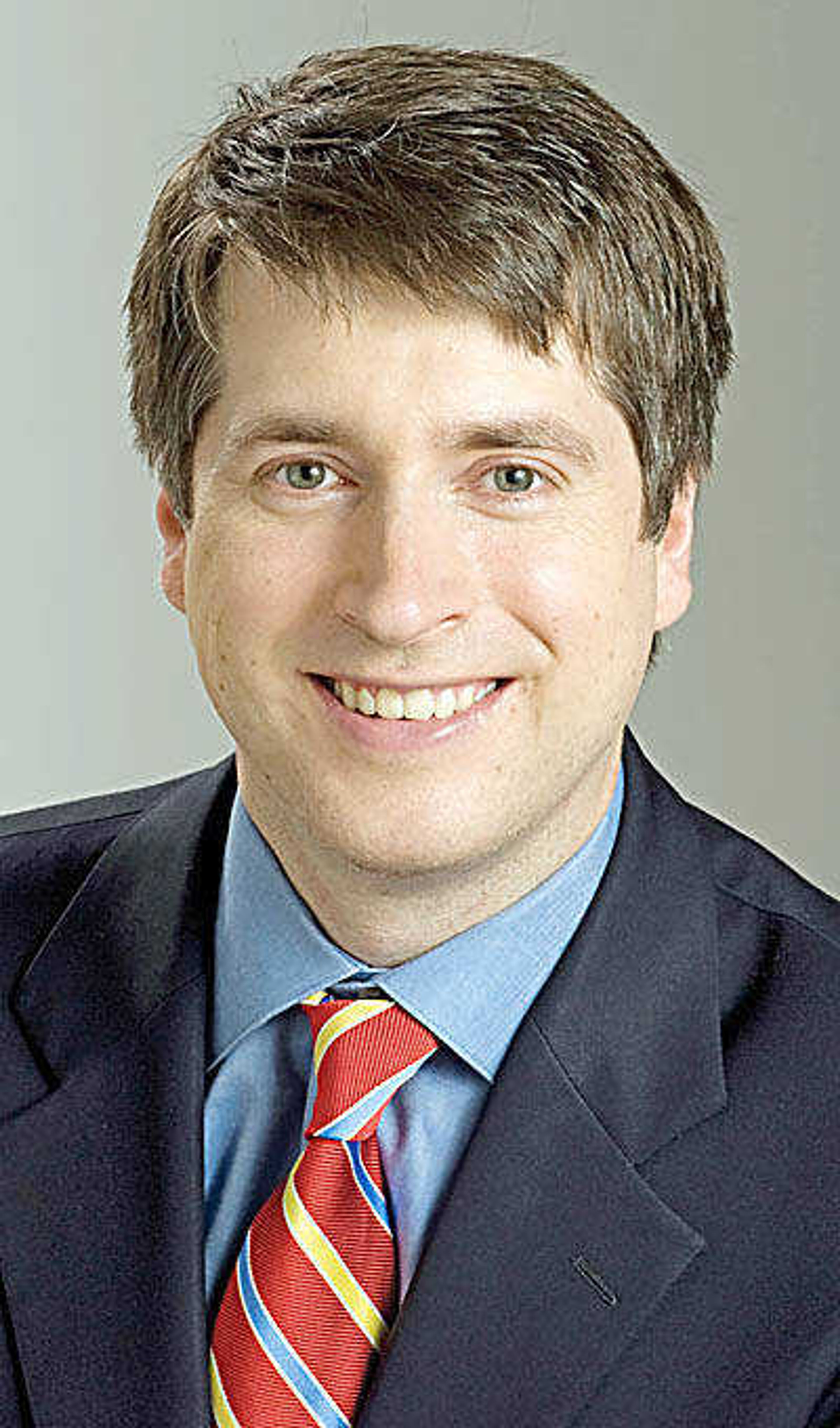Trump's 'play it down' debacle
The latest hammer of a book to fall on President Donald Trump is Bob Woodward’s soon-to-be-released “Rage,” and it’s his own words that are the issue. According to the book, the president told the veteran Washington Post journalist in March that he publicly minimized the danger of the coronavirus: “I wanted to always play it down. I still like playing it down, because I don’t want to create a panic.”...
The latest hammer of a book to fall on President Donald Trump is Bob Woodward’s soon-to-be-released “Rage,” and it’s his own words that are the issue.
According to the book, the president told the veteran Washington Post journalist in March that he publicly minimized the danger of the coronavirus: “I wanted to always play it down. I still like playing it down, because I don’t want to create a panic.”
This was after Trump explained to Woodward about a month earlier that the virus is “deadly stuff,” spread through the air and more dangerous than the seasonal flu.
The revelations obviously can’t be chalked up to dubious anonymous sources, because Trump said these things himself, in on-the-record, taped interviews — 18 of them.
How to handle Woodward is a challenge for any White House, but putting Trump on the phone with him for hours was bound, ultimately, to be an exercise in masochism. By talking to Woodward at such length, Trump has, in effect, authored his own tell-all book to compete with those of his niece and his former fixer.
If a Kinsley gaffe is when a politician tells the truth, the Woodward book is a Kinsley revelation, confirming what everyone already knew to be true. Trump obviously wanted to accent the positive on the virus from the beginning and, besides a brief period of greater sobriety, has done it ever since.
As a result, he’s fallen down on a key aspect of presidential leadership in a crisis, which requires serious and credible communication. The president’s most fervent defenders might dismiss this as “just words,” but what leaders say matters a great deal, or we wouldn’t remember how Lincoln, FDR and Churchill rallied their peoples at times of testing.
If anyone appreciates, indeed overestimates, the power of words, it’s Trump himself, who thought he could bend the virus to his will by diminishing it and predicting its imminent rout.
Any government tends to default to assurances, whether they are warranted or not. Trump’s repeated statements at the outset of the pandemic that “we have it under control” are fairly typical of any leader confronting a situation he or she might not be able to control. His concern about not creating a panic is also reasonable and common enough.
His lapse is failing to say consistently from the very beginning, “This could be bad, and we should prepare for the worst.” Even when he did say it, he’d soon revert to statements positing a magical disappearance of the virus.
He spoke like a man who, in keeping with the axiom that perception is reality, was used to being able to get the media and the wider world to honor an image of himself that he created through his ebullience, carping and sheer insistence.
But the virus couldn’t be spun or dazzled. And so, rather than changing reality to his liking, which he’d so often done in his prior life as a celebrity developer, Trump seemed out of touch with reality, an incredibly perilous position for a president.
He considered bad coronavirus numbers a personal affront, and so brushed by them or focused on what he thought were better numbers (total tests, the case fatality rate).
While Trump hewed to his rosy scenario, his administration undertook a concerted effort to solve problems related to the response. This story has gone mostly untold, in large part because the president hasn’t related it in detail and his posture has always been that the end of the pandemic is right around the corner.
With the Sunbelt outbreak waning, perhaps the pandemic will indeed loosen its grip by November. But the country has already gone through significant disruption and suffering that is worse for the president politically, because he’s so often been in denial.
The Woodward book will underline this vulnerability, but it is one entirely of the president’s own making.
Connect with the Southeast Missourian Newsroom:
For corrections to this story or other insights for the editor, click here. To submit a letter to the editor, click here. To learn about the Southeast Missourian’s AI Policy, click here.










